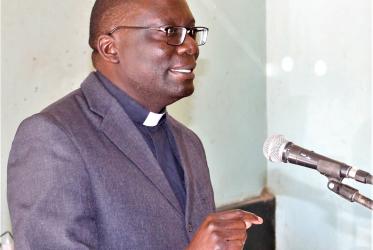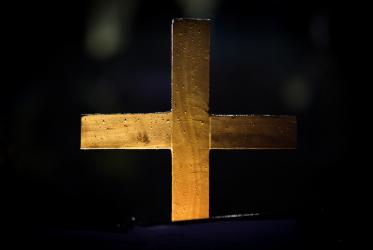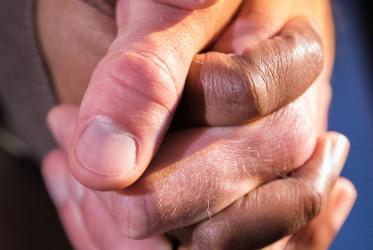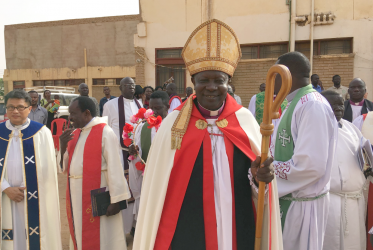Displaying 41 - 60 of 85
09 September 2019
WCC expresses concern, solidarity with people of Sudan
12 April 2019
#WCC70: Diaconal unity in a long-forgotten crisis
25 October 2018
WCC condemns arrest of pastor in Zambia
23 October 2018
Zambia statement expresses concern over lack of peace
11 January 2018
In Zambia, foreign investors complicate “economy of life”
06 September 2017
GEM School: integrating theology and economics
05 September 2017
Sudan declared new Anglican province
31 July 2017
Zambia: “On HIV, we do not compete. We work together.”
20 October 2016
Kenya: Voice of faith communities crucial in overcoming HIV
14 October 2016












